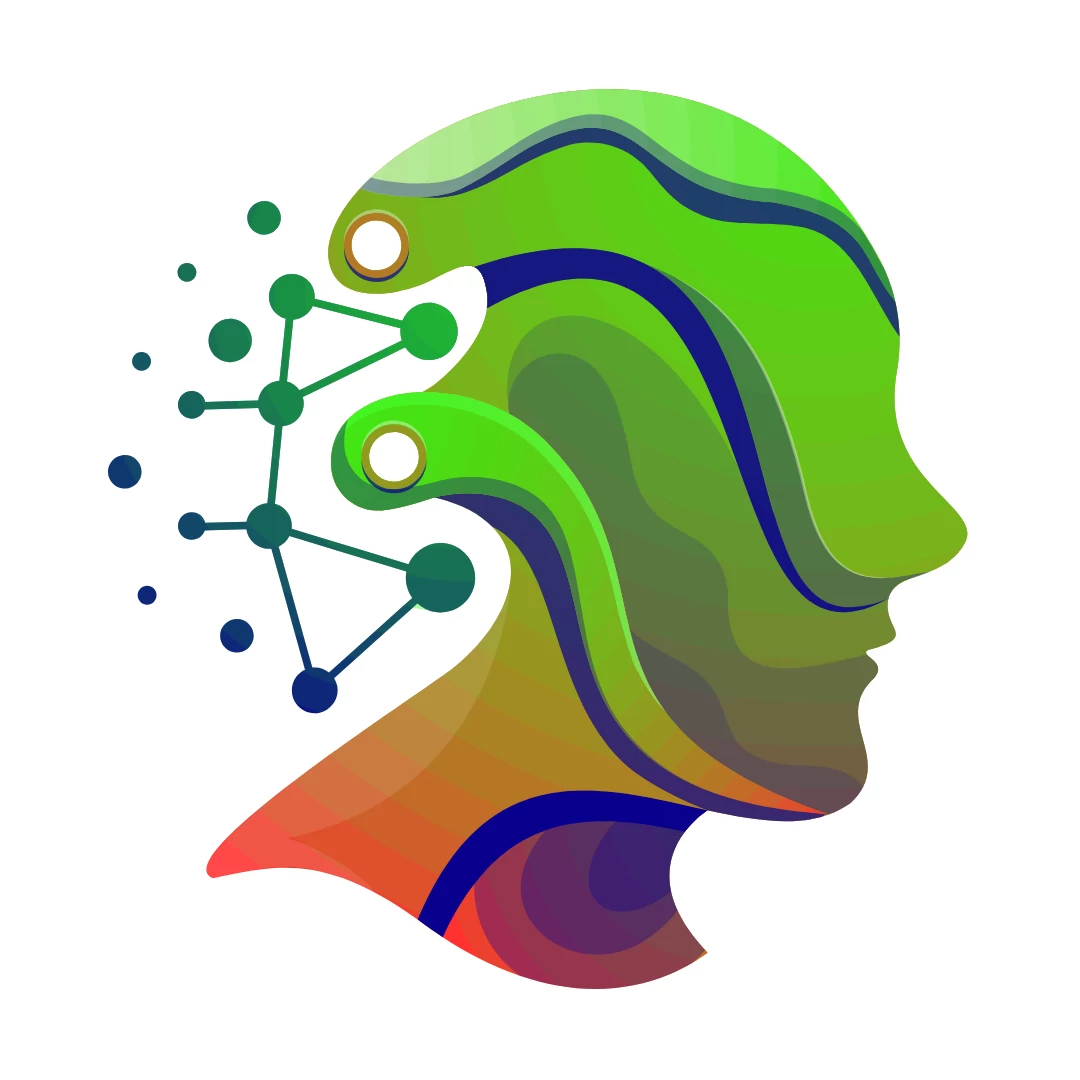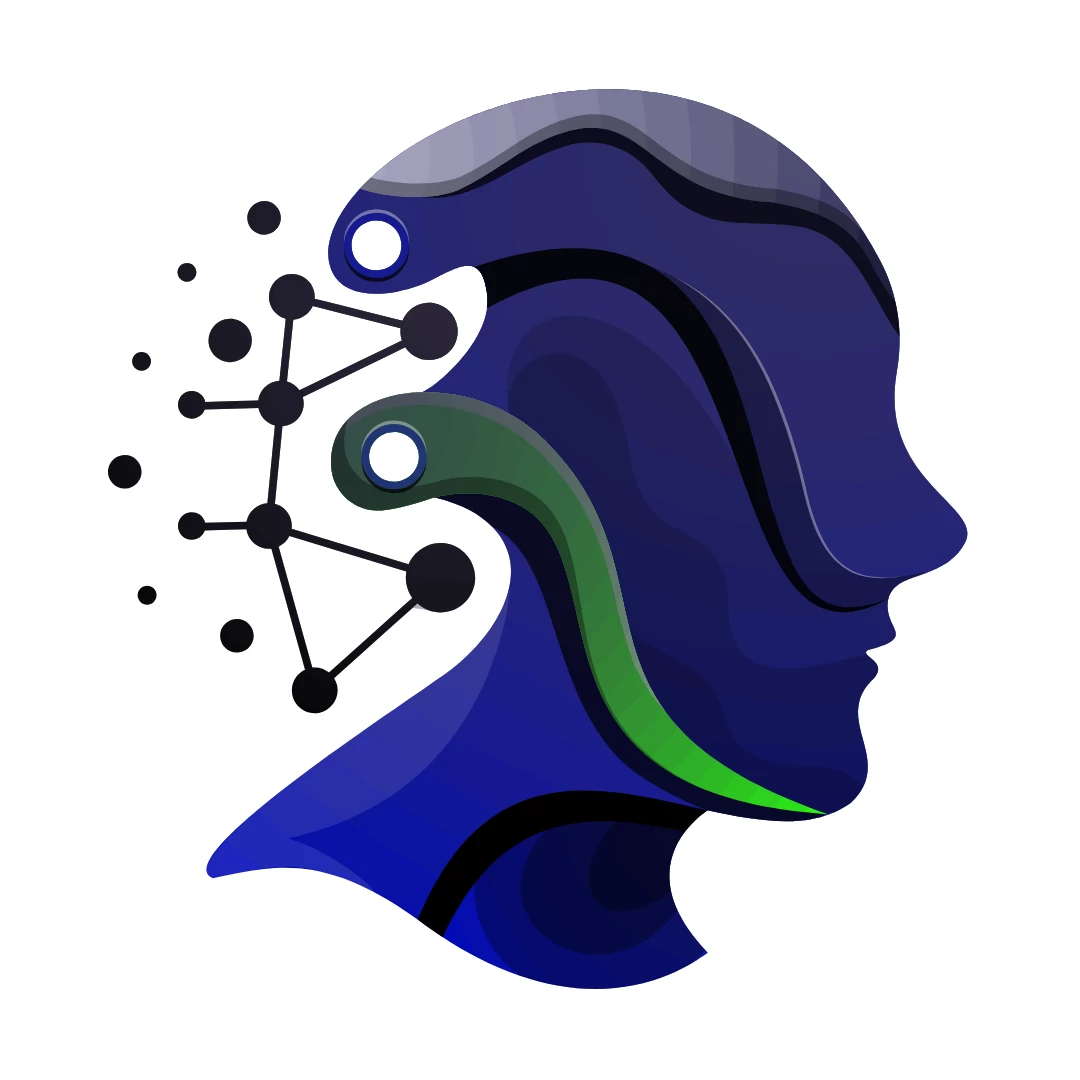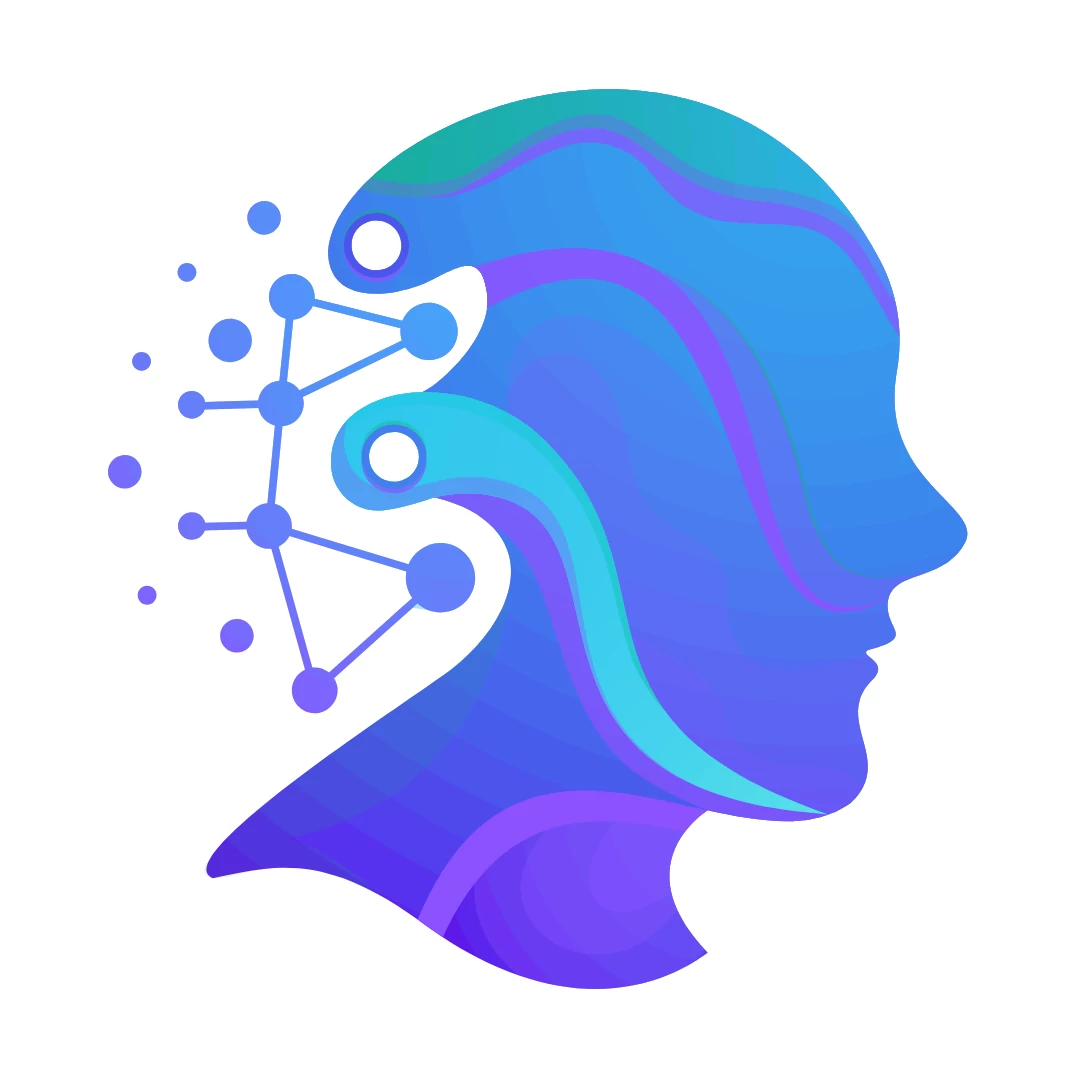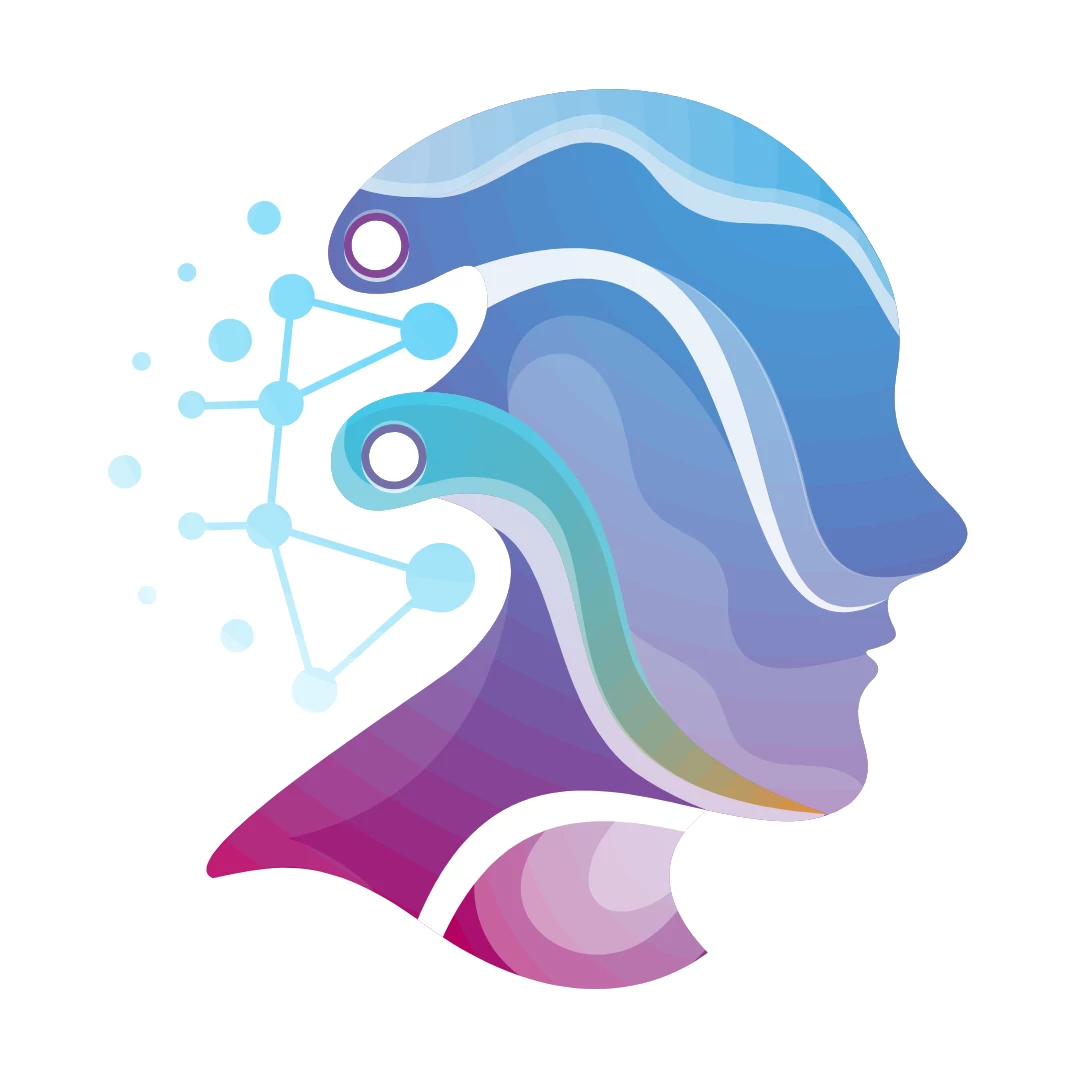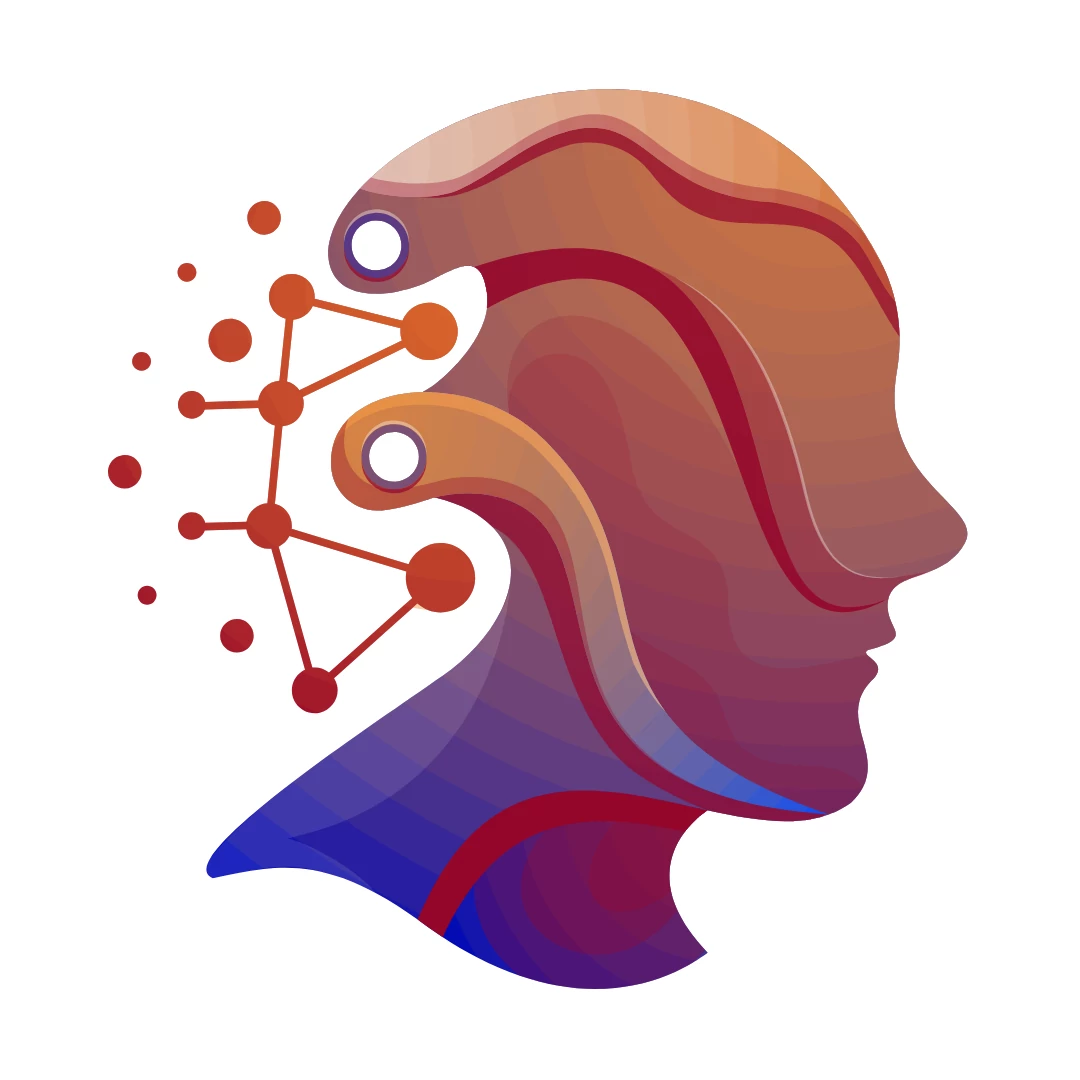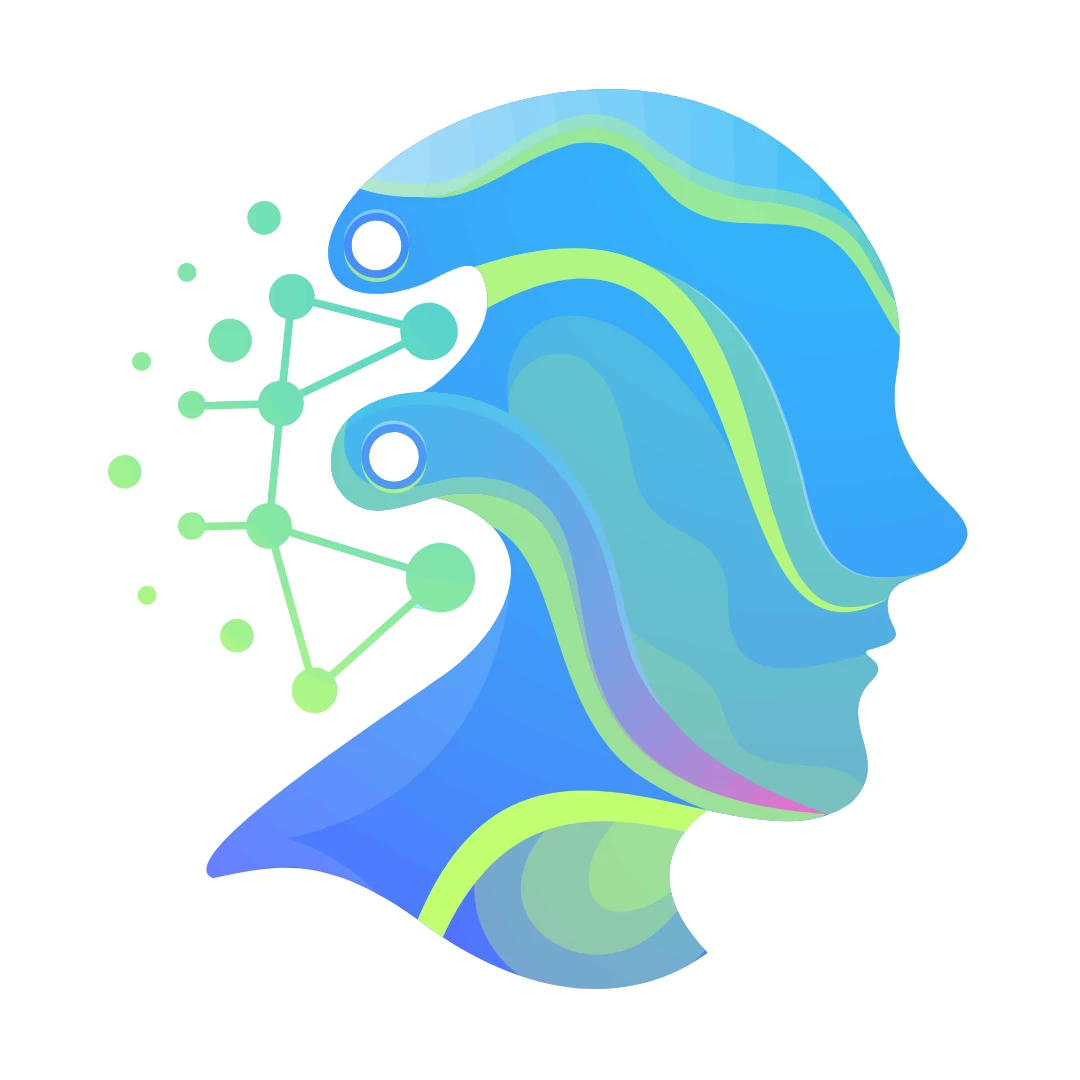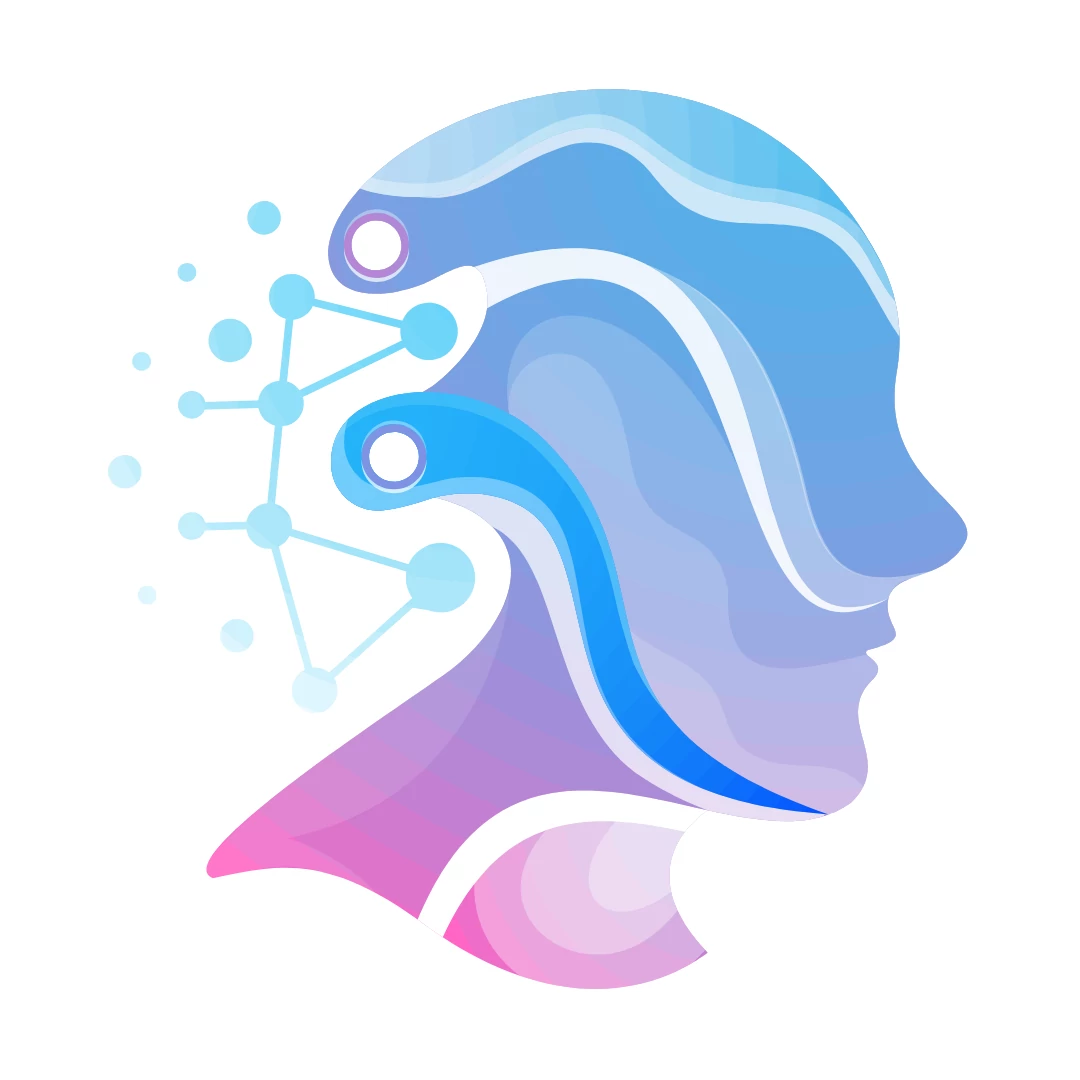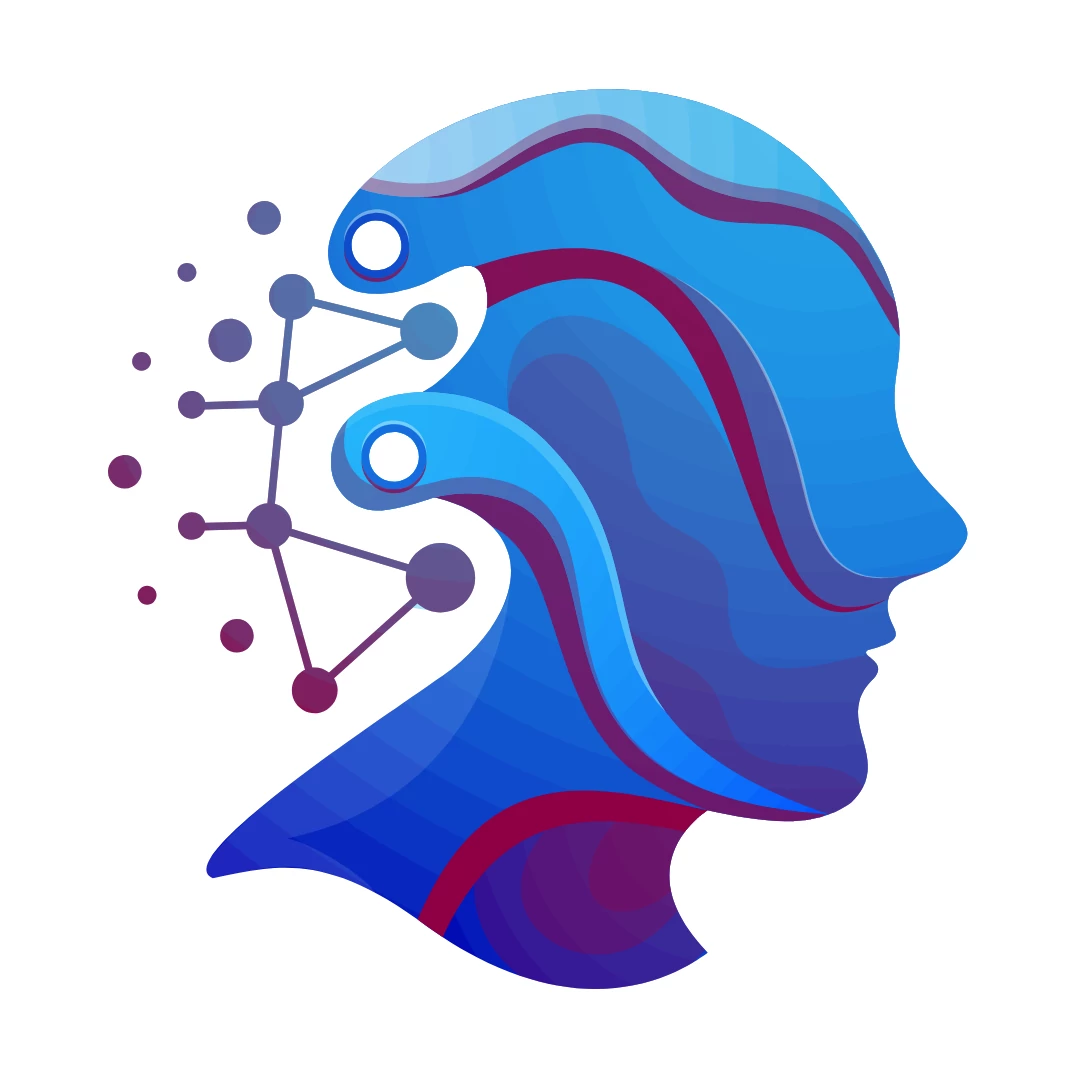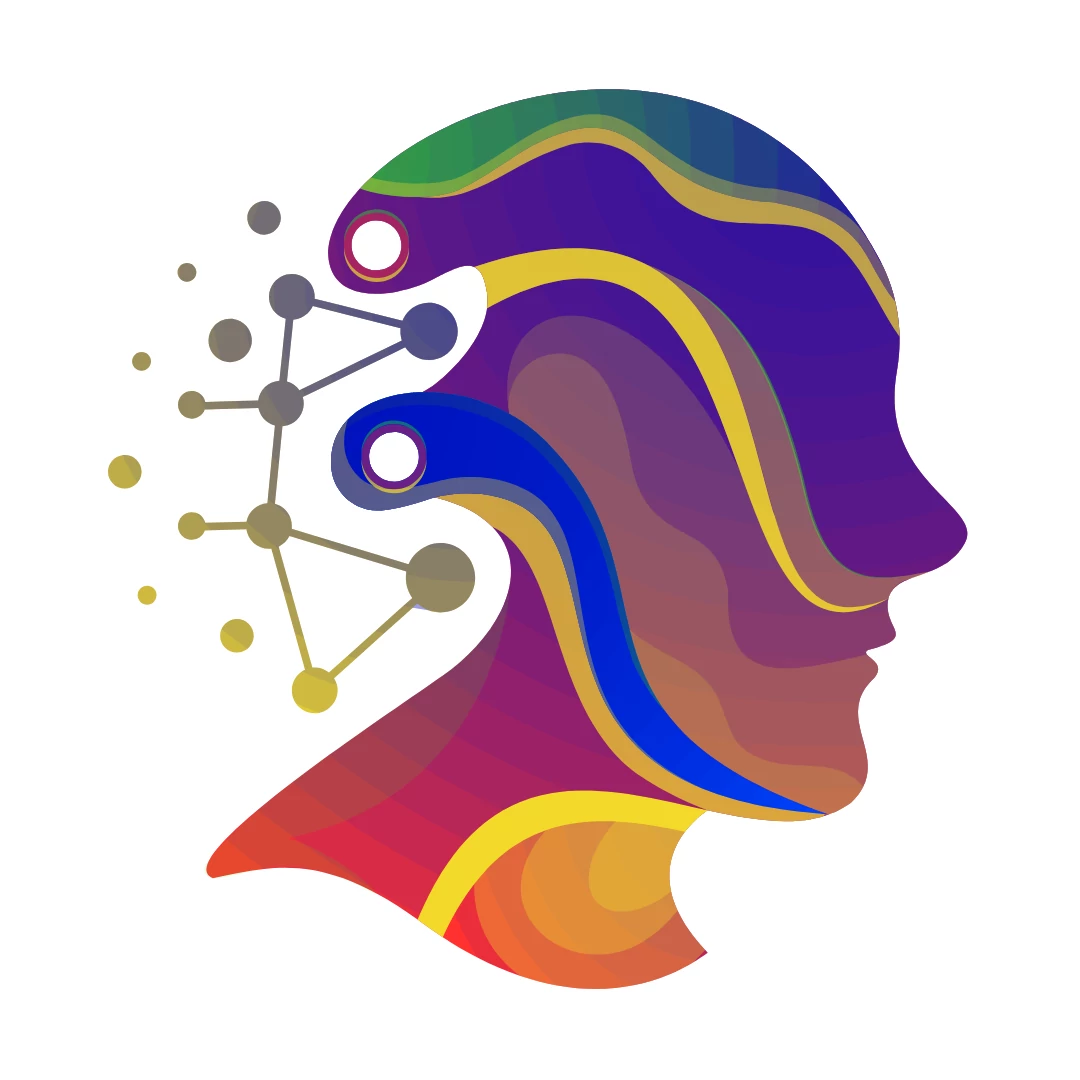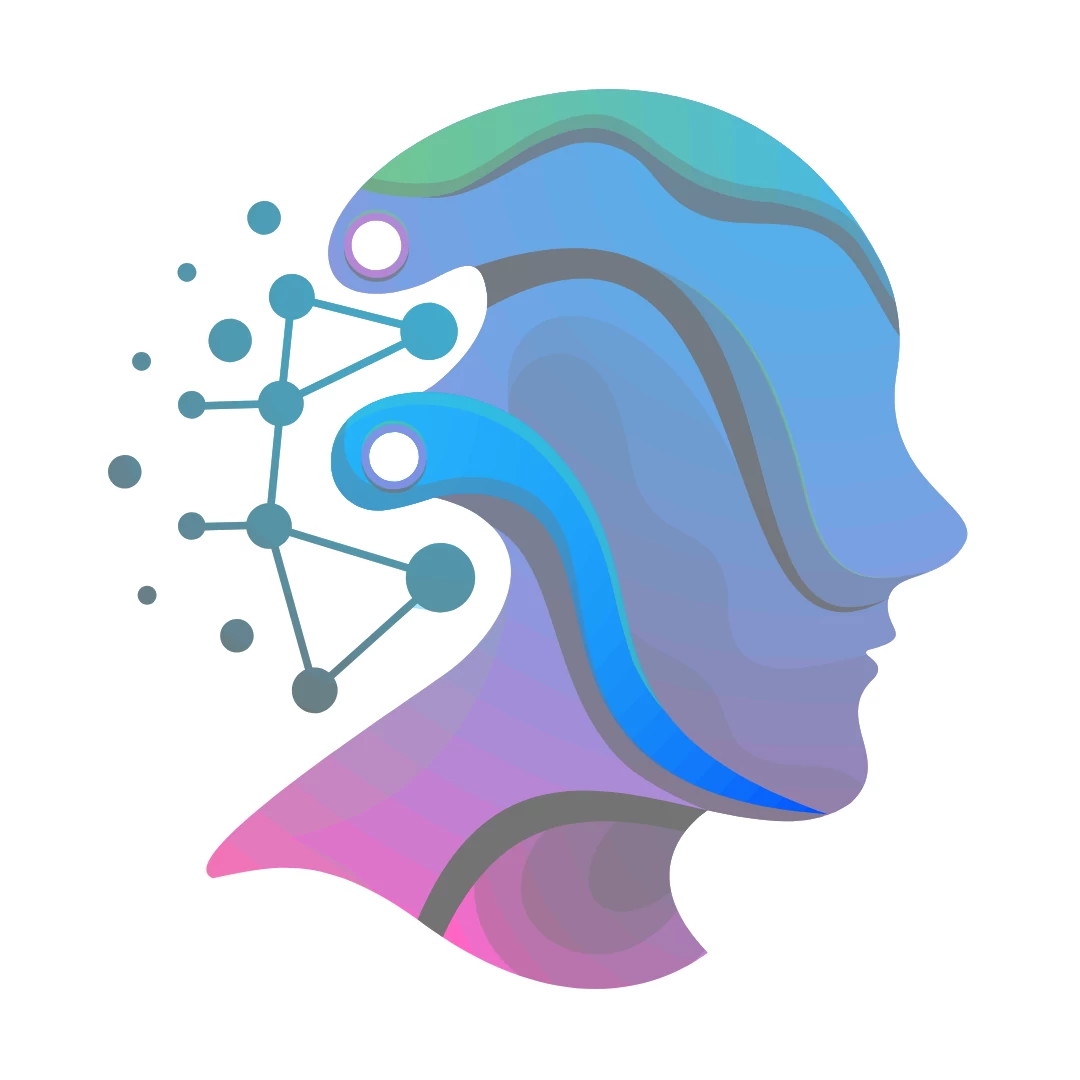🧠 AI Quiz
Think you really understand Artificial Intelligence?
Test yourself and see how well you know the world of AI.
Answer AI-related questions, compete with other users, and prove that
you’re among the best when it comes to AI knowledge.
Reach the top of our leaderboard.

Notion
is a versatile workspace that integrates wiki, docs, and project management.
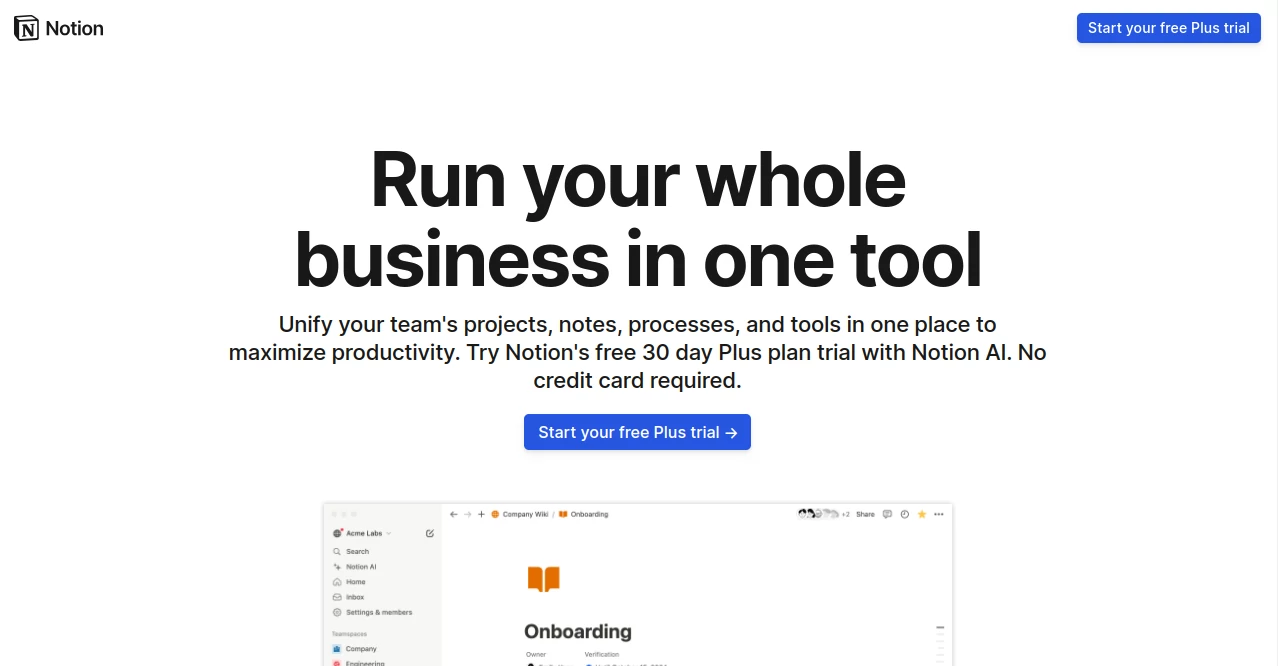
What is Notion?
Abstract
Notion, developed by Notion Labs, Inc., is a multifaceted productivity application that integrates note-taking, project management, and collaborative functionalities within a unified digital workspace. This paper examines Notion's core features, customization capabilities, integration potential, and its application across various organizational contexts.
Introduction
In contemporary organizational settings, the demand for versatile productivity tools that consolidate multiple functionalities has escalated. Notion addresses this need by offering a platform that amalgamates diverse productivity tools, thereby enhancing efficiency and collaboration. Since its inception in 2016, Notion has evolved, integrating advanced features such as artificial intelligence (AI) assistance and extensive customization options.
Core Features
Note-Taking and Documentation
Notion provides a robust environment for creating rich-text documents, supporting multimedia elements including images, videos, and links. Users can organize information hierarchically with sub-pages, facilitating structured documentation and easy retrieval of information.
Project and Task Management
The platform offers tools for task management, enabling users to create to-do lists, set reminders, and manage projects using Kanban boards, calendars, and timelines. This flexibility allows teams to tailor workflows to specific project requirements.
Databases and Templates
Notion's database functionality allows for the creation of customizable databases with various property types, including text, dates, and checkboxes. The platform also offers a vast array of templates, enabling users to quickly set up pages for different use cases, thereby enhancing efficiency.
AI Integration
The integration of AI within Notion assists users in drafting content, summarizing notes, and generating ideas, thereby streamlining workflows and enhancing productivity.
Customization and Flexibility
Notion's modular design allows users to customize their workspace extensively. The platform operates on a system of blocks, enabling users to add and arrange content freely, thereby creating a personalized workspace that aligns with individual or organizational needs.
Integration with Other Tools
Notion supports integration with over 70 external applications, including Slack, GitHub, Zoom, and Jira, allowing for a seamless workflow across different platforms. This interoperability ensures that users can synchronize Notion with existing tools, enhancing overall productivity.
Applications in Organizational Contexts
Enterprise Use
For large organizations, Notion serves as a centralized platform for collaboration, project management, and knowledge sharing. Features such as customizable databases, templates, and integrations with tools like Slack and GitHub facilitate streamlined workflows and effective team collaboration.
Small Businesses and Startups
Notion offers cost-effective solutions for small businesses and startups by consolidating various productivity tools into a single platform. This integration aids in centralizing information and streamlining workflows, thereby enhancing organizational efficiency.
Educational Institutions
Educators and students utilize Notion for note-taking, task management, and document sharing. The platform's flexibility supports the organization of academic materials and collaboration on educational projects.
Remote Work
In the context of remote work, Notion's real-time collaboration, task management, and document-sharing capabilities enable teams to maintain connectivity and productivity irrespective of geographical locations.
Conclusion
Notion's comprehensive suite of features, coupled with its customization capabilities and integration potential, positions it as a versatile tool in modern organizational settings. Its applicability across various contexts—from large enterprises to individual users—demonstrates its adaptability and effectiveness in enhancing productivity and collaboration.
Notion: video demonstration
AI Product Description Generator , AI Project Management , AI Productivity Tools , AI Task Management , AI Team Collaboration .
These classifications represent its core capabilities and areas of application. For related tools, explore the linked categories above.
Notion details
Pricing
- Free
Apps
- Web Tools
Categories
Notion Alternatives Product




